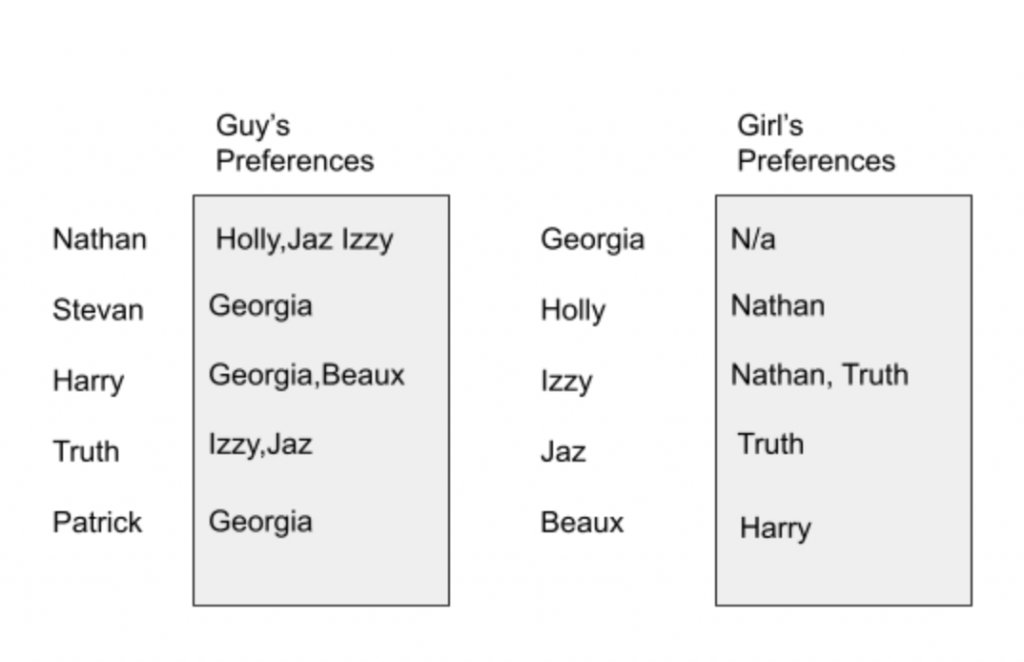Reality Television shows are a genre that have been prevalent in our society for decades now, being attractive due to their intrigue and drama. As we have progressed from the early days of the Bachelor and Married at First Sight, new shows have created new premises that have involved and made more game theory applications and new ways to model scenarios. Too Hot to Handle is a British dating show that blew up over the 2020 period of COVID. The premise of the show is they get a group of physically attractive individuals together and put them in a scenario where they believe they are going on an all-inclusive summer vacation with a group of other like-minded singles who think they’re going to party the nights away getting close to each other in multiple ways. However, they are shocked to find out they have all signed up for a dating show with a significant cash prize. It is the same premise; however, every time they kiss someone, heavily pet or show significant physical intimacy, a large sum of money is deducted from the cash prize. When looking at this show, it seems ridiculous at times because it should be simple enough to remain abstinent for the opportunity to gain a significant payday. However, this is not as simple as it seems.
One key factor that plays into this is the expectancy effect. This effect can typically occur when one’s perception or belief is incorrect or false compared to reality. This causes the receiver of that failed expectation to perceive circumstances in a way that elicits them to act out against the expected behavior. This can be shown through the fact that they spend around 12 hours on the island before the bombshell is dropped, which gives them enough time to form expectations and perceived notions around their new environment or circumstance. This idea is shown within the show where couples act out thinking they will face no repercussions, specifically with couples who have already set expectations and created a robust physical rapport with each other.

Another interesting economic phenomenon that plays into one of the critical components of this show is modeled in the stable relationship paradigm. This paradigm essentially states that if someone has an interest in someone else and is unable to build a connection with them, they will move on to the next person of interest that they believe is below that person but the second-best option within the dating market. This is present in multiple fascists of life, such as one applying to residency or a student applying to a college, as there are preferences on both sides of the market. This is even further stated in a quote from season 2 in the initial episode by one of the participants named Cameron. “[Emily] is 100% the most attractive girl in here, but if things don’t work then I’ll just go for the second best looking in here” (Cam Season 2 episode 1). This can be modeled to illustrate who should end up with who if people were rationally thinking and going off their list of preferences. Below is a model of the prominent participants from season 3. Being a 6’5 tall, dark and handsome fellow, Nathan initially had three girls after him. However, his primary interest is Holly, who also saw him as her number 1. This created a stable and perfect match. Another match that can be seen is between Harry and Beaux. Harry initially was interested in Georgia; however, after getting no feelings or interest reciprocated, he went for his second choice of Beaux, creating a stable relationship as they were both their best options. Interestingly enough, the only two relationships that stayed together were the two stable matches.
In the complexity of dating, reality dating shows are a fun way to simplify a lot of the complications that come from everyday life, simplifying one’s tasks and eliminating responsibilities and stressors to create the ideal scenario to make people gain interest in each other. However, this does not mean the principles seen throughout the series cannot be applied to our personal realities.
